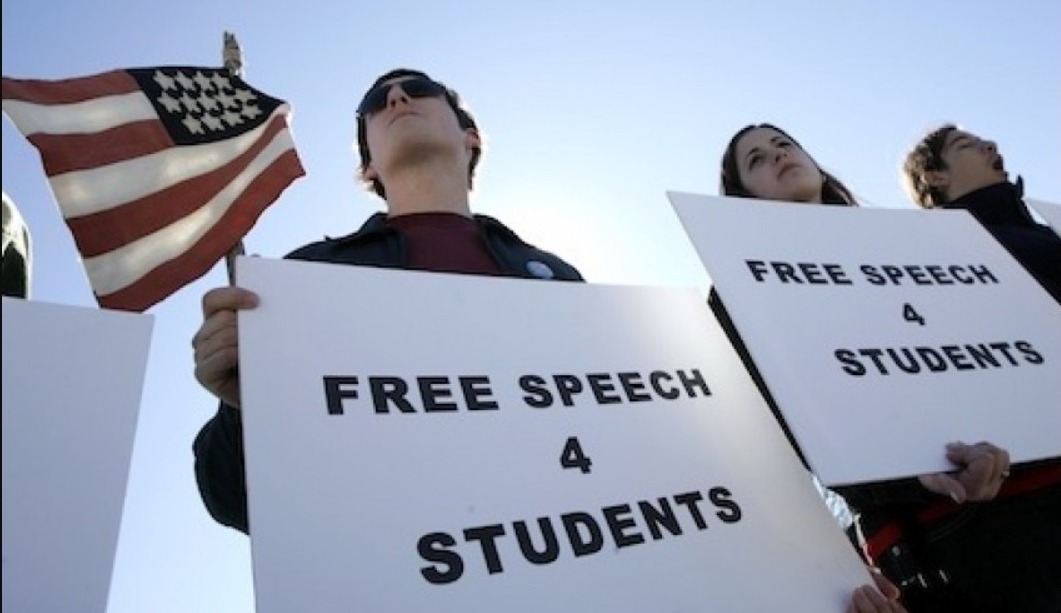The Supreme Court has steadily expanded the reach of First Amendment rights under Chief Justice John Roberts. His project has been so successful that it left him behind for the first time Monday.
Eight justices overturned a ruling by the 11th U.S. Circuit Court of Appeals that threw out an evangelical student’s lawsuit against Georgia Gwinnett College for unconstitutionally silencing his religious expression.
In oral argument in January, justices expressed skepticism that public officials, such as administrators at taxpayer-funded colleges, could escape liability for injuries that are hard to quantify in monetary terms, such as constitutional violations.
The majority opinion, written by Justice Clarence Thomas, confirmed that plaintiffs seeking only “nominal damages” (one dollar) could sue to vindicate their rights, without having to claim measurable economic harm. A legal publication said it was the first solo dissent for Justice Roberts since he joined the high court.
Georgia Gwinnett officials twice shut down Chike Uzuegbunam as he spoke on campus, the first time because he was proselytizing outside a “free speech zone” that required a permit to use, and subsequently because his permitted speech nonetheless led to complaints from passers-by.
The college “quickly abandoned” its argument that the student’s religious expression amounted to unprotected “fighting words,” as the court said, and removed the policies under which Uzuegbunam was silenced and threatened with discipline. It then claimed the case was moot, setting up the legal question of whether nominal damages alone could sustain a lawsuit.
“There is no dispute that Uzuegbunam has established the first two elements” required for legal standing – that he suffered injury “traceable” to the actions of college officials, the opinion said: “The only question is whether the remedy he sought—nominal damages—can redress” the undisputed violation of his constitutional rights.
The court didn’t resolve whether an allied proselytizer, Joseph Bradford, could seek nominal damages because it wasn’t clear from the record that college officials violated his rights. Bradford claimed they unconstitutionally chilled his evangelism by threatening to punish Uzuegbunam. Bradford’s claim will go back to the trial court.
It was the latest SCOTUS win for the Alliance Defending Freedom, which represented the students. General Counsel Kristen Waggoner said in a statement:
When government officials engage in misconduct without consequences, it leaves victims without recourse, undermines the nation’s commitment to protecting constitutional rights, and emboldens the government to engage in future violations. We are pleased that the Supreme Court weighed in on the side of justice for those victims.
The Foundation for Individual Rights in Education, which supported Uzuegbunam’s position among an ideological cross-section of advocacy groups, praised the ruling for recognizing “the importance of nominal damages claims for students.”
Because students are likely to graduate before a court weighs in – and colleges can simply change their policies after they get sued – these taxpayer-funded institutions “routinely infringe student speech rights” and escape accountability, Vice President of Litigation Darpana Sheth said in a FIRE statement.


